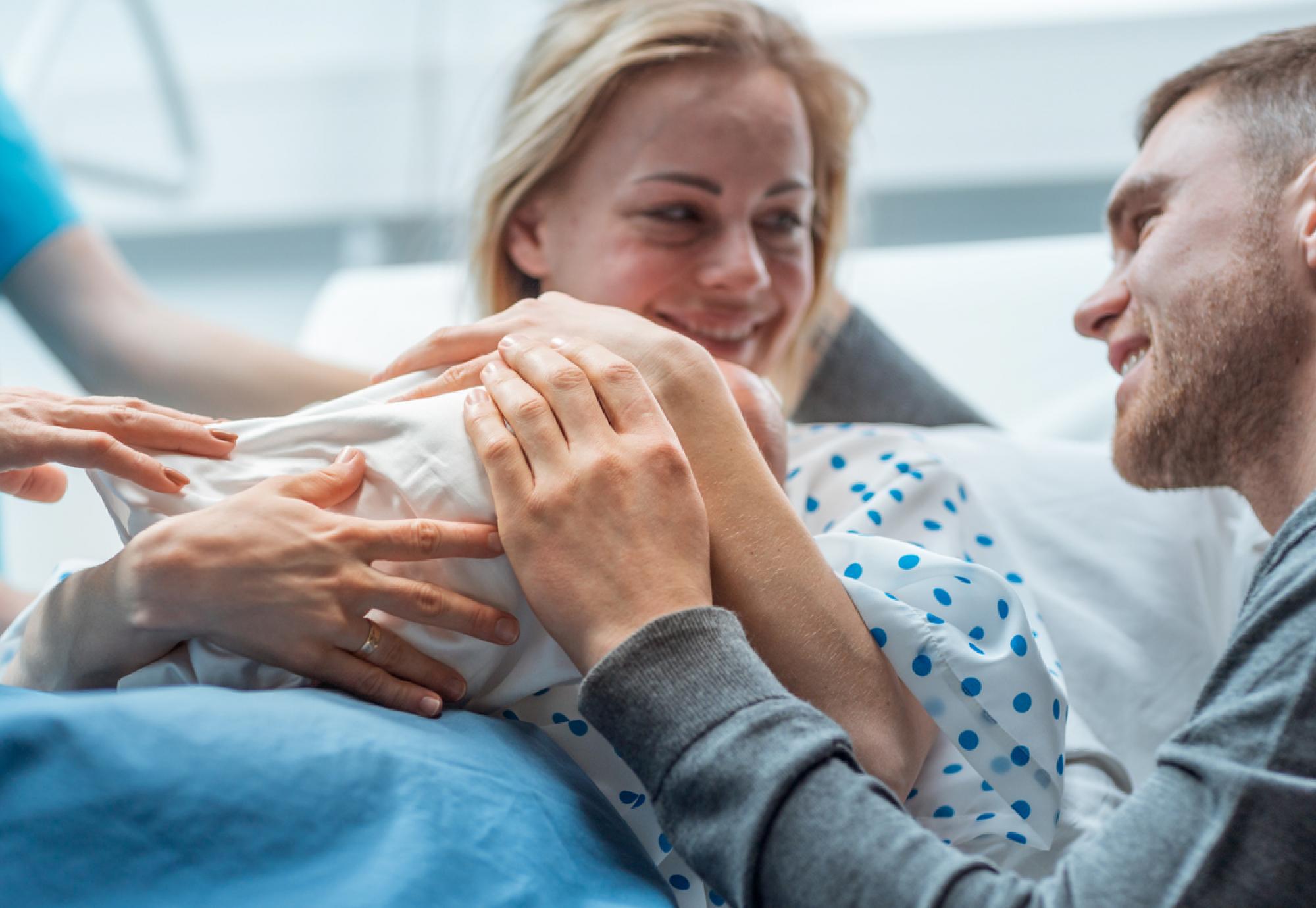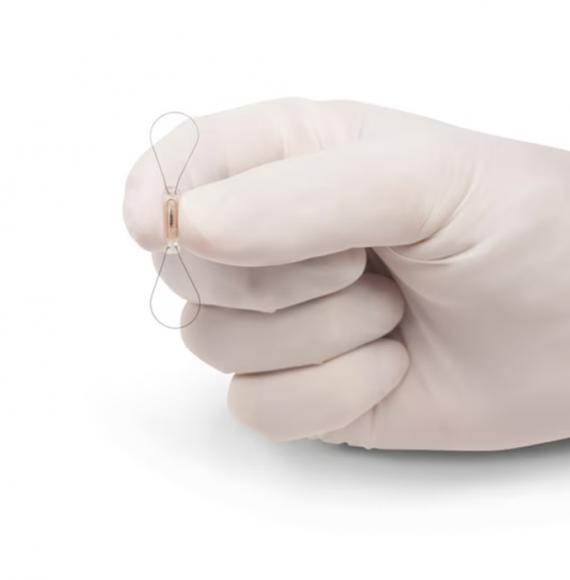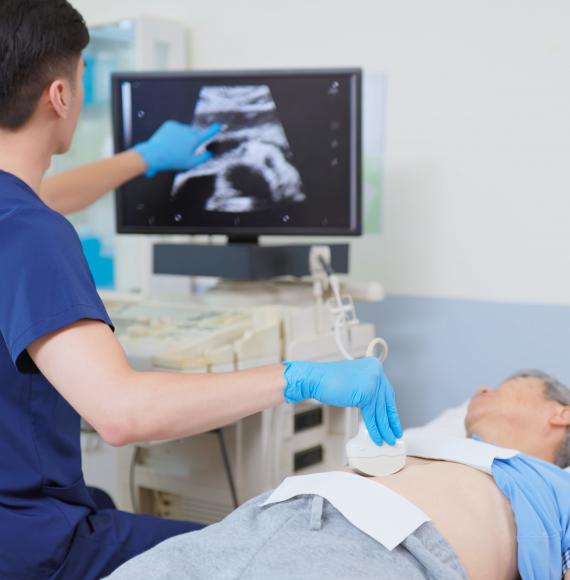NHS maternity staff will benefit from a £2.45m investment to improve the safety for the women and babies being cared for, to avoid brain injuries. The Royal College of Obstetricians and Gynaecologists (RCOG) will receive almost £2m from the Department of Health and Social Care (DHSC) to lead the first phase of the Avoiding Brain injuries in Childbirth (ABC) review.
This forms part of a collaborative effort with the Royal College of Midwives (RCM) and The Healthcare Improvement Studies Institute at the University of Cambridge. The ABC review aims to develop a nationally agreed approach on how staff monitor the condition of a baby during labour. This is due to be carried out by the end of the year.
This will include interviewing women and their birth partners on varying approaches based on their personal experiences, as well as agreeing on a clear process to monitor babies and record readings during labour with a flowchart guide. This will decide when to escalate a case to the wider multi-disciplinary maternity team.
The funding will allow testing to determine the best ways to spot early warning signs of babies in distress. It will also survey maternity staff and parents to see how midwives and obstetricians presently identify when a baby is in distress during labour, and how babies can be delivered even safer.
Maternity Safety Minister, Nadine Dorries, said: “I am determined to make sure as many mums as possible can go home with healthy and happy babies in their arms.
“This new programme, which we’re supporting with over £2.45 million, aims to spot warning signs earlier and save lives, preventing families and their babies from facing the horrific ordeal of a life-changing brain injury. It will help us deliver on our ambition to halve brain injuries during birth by 2025.
“Having the right maternity staff in the right place at the right time means they can learn from one another, give the best care for mums and babies and build a safe and positive environment for both staff and pregnant women in maternity teams across the country.”
Testing out best practices for monitoring and responding to a baby’s wellbeing during labour will also form part of this initiative. This will involve managing the complications of a baby’s positioning during a caesarean section in order to reduce brain injuries.
A workforce planning tool will also be designed for maternity medics, improving how maternity units calculate their medical staffing requirements, to better support families and babies. It will be backed by £449,000 from the DHSC, and is due to be freely available to trusts across the country next year.
RCOG will work together with the health sector over the next year, to gather data to determine how the tool can help NHS trusts better understand their own medical staffing needs, while providing standardised, safe and personalised care tailored to their communities.
President at the RCOG, Dr Edward Morris, said: “We’re delighted to receive funding for a new workplace planning tool and project to reduce brain injuries in childbirth. This investment will go a huge way to improving the quality of care provided to pregnant women and their babies.
“We recognise that appropriate maternity staffing is fundamental to providing safe care for women and we hope this tool will give maternity units in England a clear guide to determine how many medical staff they require in their specific setting.
“The new project to avoid new-born brain injury in childbirth aims to address the challenges around effective foetal monitoring, building on the great work already being done in this area. We understand that the impact of avoidable new-born brain injury is profound and we want to do everything we can to ensure no family has to experience it.”
The organisations hope to agree on the best clinical practice for managing deteriorating conditions in babies during labour, testing how this could be rolled out across maternity services in England in the future.
According to the Ockenden Report, there is still more understanding needed around safe staffing in maternity care. Rota gaps have also been reported by 90% of obstetrics and gynaecology junior doctors in their units, and attrition and burnout rates are high at all career stages.
Chief Executive at the RCM, Gill Walton, said: “Every avoidable brain injury leaves families devastated and affects midwives and maternity staff. For the vast majority of women and their babies, the UK is a safe place to give birth. However, tragically avoidable brain injuries do happen. It’s imperative we work together in maternity services to do all we can to reduce avoidable brain injuries during birth.
“Partnership working is the key to improving safety for women and their babies. This funding will enable the RCM and RCOG, in partnership with the Department of Health and Social Care, to review approaches to monitoring babies during labour. More multi-disciplinary training in this area will ultimately go towards improving safety for women and their babies. Crucially, this review will also include the voices and personal experiences of women and their birth partners to enable maternity to inform better, safer care."



















